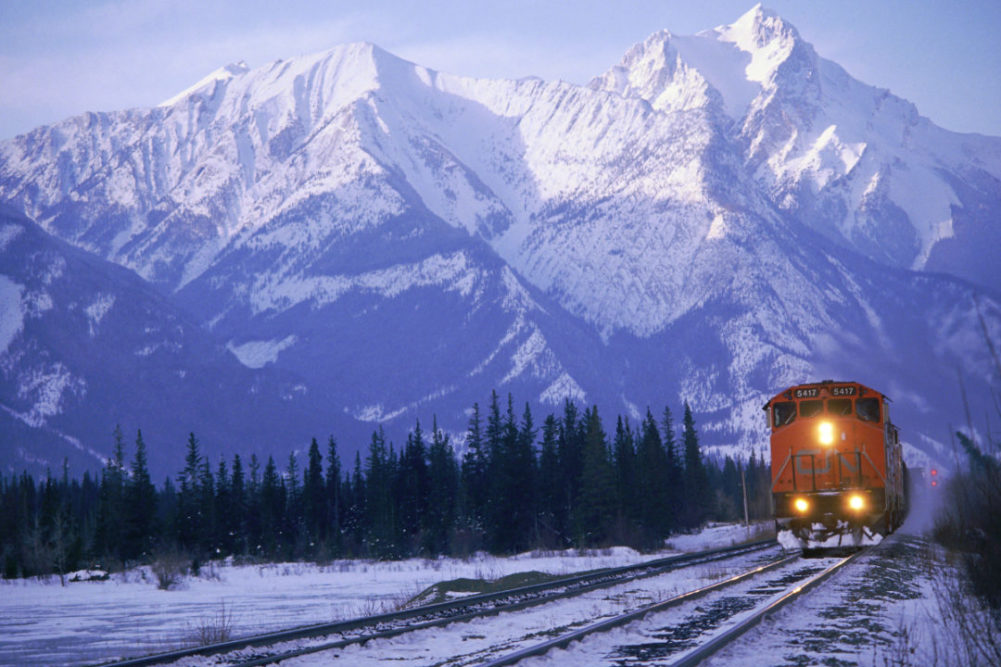MONTREAL, QUEBEC, CANADA — Canadian National Railway announced it has placed an order for 1,000 new generation, high-capacity grain hopper cars that are lighter, shorter and enable CN to move more grain, with less equipment. The order is part of CN’s broader program to build and renew a fleet of 6,000 hopper railcars over the next three years.
CN said the new railcars will be built in a TrinityRail manufacturing plant in Mexico.
The announcement comes as CN continues to make a push to acquire Kansas City Southern, a fellow Class I railway. The combination would extend the span of CN’s network from Canada and the United States into Mexico, making it the first railroad to link North America’s three national economies.
“These cars will be manufactured in Mexico and will help move more grain across the CN rail network, which continues to make CN the embodiment of a true USMCA railroad,” said JJ Ruest, president and chief executive officer of CN. “Being an engine of North American economic growth and prosperity means that CN focuses continually on making strategic investments. Adding these 1,000 new generation hopper cars to our fleet is a prime example of that. In addition to our superior proposal to combine with KCS, this is a step further in our vision of seamlessly connecting ports and rails in the United States, Mexico and Canada and of providing superior service, enhanced competition and new market access to move goods across North America efficiently and safely.”
Rob Reilly, executive vice president and chief operating officer at CN, added, “CN’s grain movement has been resilient during the pandemic, achieving 14 straight months of record Canadian grain volume shipments. The dedication of our railroaders as well as our agri-food and supply chain partners has been key to this exceptional performance. By purchasing additional hopper cars, we are strengthening our commitment to grain farmers, grain customers, and the overall supply chain to support and expand our movement of grain to international markets as demand continues to increase.”





